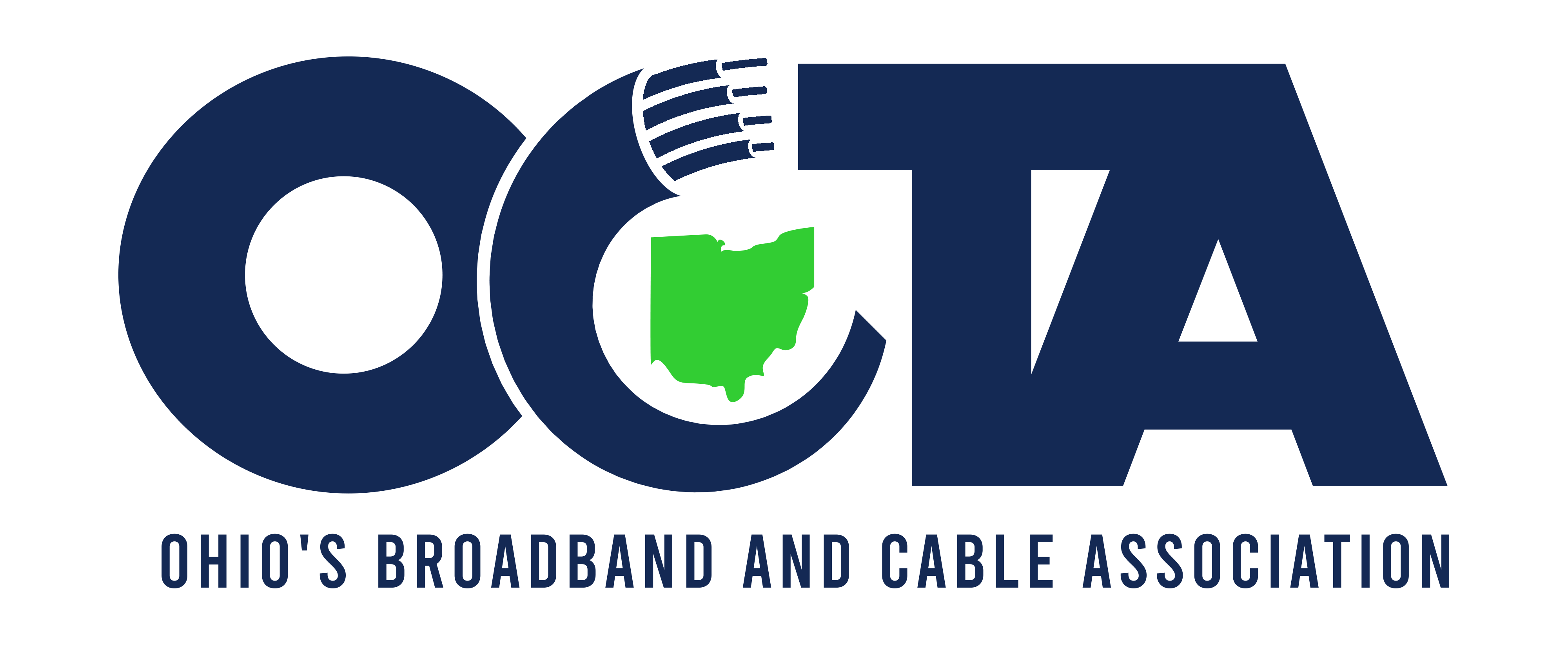Complete Story
04/09/2008
Stevens To Martin: Drop A La Carte Effort
Senators Tell FCC Chairman To Make Digital Transition Commission's Top Priority
By Ted Hearn -- Multichannel News, 4/8/2008 7:42:00 PM
WashingtonU.S. senators Tuesday told Federal Communications Commission chairman Kevin Martin that his ongoing battles with the cable industry were far less important than the vital mission of ensuring a successful transition to all-digital broadcasting next year.
Sen. Ted Stevens, the most senior Republican on the Commerce Committee, said the DTV transition, just 315 days away, was the No. 1 issue to which all others were subordinate.
"I won't get offensive, but there are other issues that are just not time sensitivea la carte, for instance, and net neutrality," Stevens said. "In my judgment, they are solutions looking for a problem. We have a major problem and the major problem is the digital transition."
Stevens wasn't the only lawmaker to deliver the same message.
"Some of the more controversial issuesmust-carry rules, Internet regulation, price controls such as a la cartein most cases, these are issues that have already been dealt with by the committee," said Sen. John Sununu (R-N.H.). "The last time we dealt with price controls and a la carte pricing, I think the vote was 20-2 against such price controls."
Senate Commerce Committee chairman Daniel Inouye (D-Hawaii) had the same view on FCC priorities, though expressed less directly.
"I have deep reservations about the FCC's spending its limited time and resources in media areas unrelated to the (DTV) transition," Inouye said.
Martin testified before the committee for about two hours along with Meredith Attwell Baker, acting Assistant Secretary of Commerce and Director of the National Telecommunications Information Administration (NTIA).
On Feb. 17, 2009, all full-power analog TV stations by law must turn off their signals, a move that could infuriate poorly prepared consumers in the 14 million homes that rely solely on free, over-the-air broadcasting.
Martin and Baker responsible for overseeing the federal transition effort, though the Bush administration has announced plans to nominate an aide to Vice President Cheney to replace Baker.
Baker's NTIA is overseeing a $1.5 billion program designed to subsidize consumer retail acquisition of over-the-air digital-to-analog converter boxes.
On his FCC activities, Martin was unable to respond immediately because Stevens, Sununu and Inouye voiced their views at the top of the hearing when only senators have the floor.
Earlier in the day, Martin told the American Cable Association, a small cable company trade group, of his ongoing interest in crafting so-called wholesale a la carte mandates, which would force programmers to allow distributors to license channels one at a time and not in packages and not based on terms in which access to one channel requires carriage of a host of unwanted channels.
"I believe that if a cable operator only [sic] wants to carry one channel, it should not be required to buy 10 or 20 channels in order to do so. I believe this is a particularly important issue for those of you who are small operators or serve rural communities," according to the text of Martin's remarks.
For the past three years, Martin has imposed one regulation after another on cable operators and programmers because they have refused to break up their programming tiers and offer channels to consumers on an a la carte basis.
More recently, Martin launched an investigation into allegations that Comcast Corp. has been blocking BitTorrent file-sharing users, charges that Comcast has denied.
Martin is flying FCC leaders to Palo Alto, Calif., on April 17 at Stanford Law School's Center for Internet and Society (CIS) to conduct a public forum on broadband network management practices.
The first such forum, held at Harvard Law School on February 25, was a lopsided affair in terms of the number of officials and witnesses that lined up against Comcast. Meanwhile, Comcast was accused of corrupting the event by admitting it hired outside professionals to fill seats that should have gone to people truly interested in the issue.
The FCC has not released a witness list for the Stanford event.
On must carry, just hours before the hearing, Martin said he wanted to ease up on rules designed to force small cable systems to carry so-called must carry TV stations in both analog and digital.
Stevens saluted Martin for accommodating the needs of small cable.
"I'm pleased to hear that the FCC has listened to concerns that have been raised previously regarding the undue burden that small cable operators could face if they are required by the FCC to carry out both an analog and a digital signal," Stevens said.

